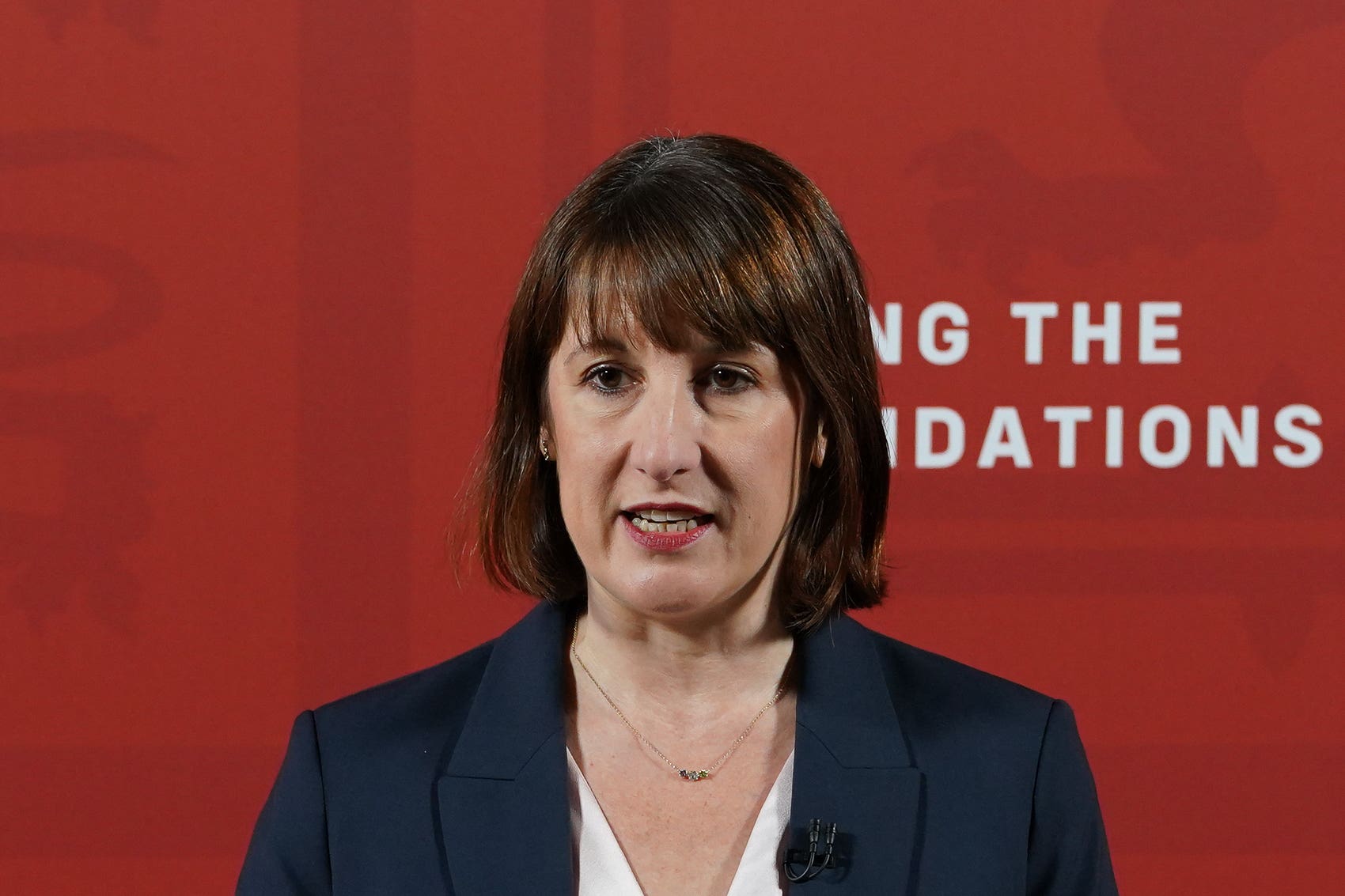Changes to debt rules would not alter the ‘fiscal reality’, IFS says
IFS senior research economist Ben Zaranko said a change to the debt rules could be an ‘attractive’ option for Chancellor Rachel Reeves.

Changing the way debt is measured would allow the Government to borrow billions more but would not change the “fiscal reality”, the Institute for Fiscal Studies (IFS) has said.
IFS senior research economist Ben Zaranko said a change to the debt rules could be an “attractive” option for Chancellor Rachel Reeves, who has accused the previous government of leaving £22 billion of unfunded commitments.
But the think tank said technical changes to definitions would not change the “fiscal reality”, and Mr Zaranko warned the Government not to get “bogged down in technical debt definitions”.
This comes after Ms Reeves refused to rule out debt changes, instead telling the Financial Times earlier this week that the “precise details of the fiscal rules” will be published in the Budget in October.
Labour has committed to have debt falling as a share of gross domestic product in five years’ time, as part of its self-imposed fiscal targets.
To change the existing rules, the Chancellor will need to lay a revised Charter before Parliament which will come into force once it has been approved by a vote in the Commons.
Mr Zaranko said: “Tweaking the definition of debt, to allow for additional borrowing without breaching the letter of the fiscal rules, may well be an attractive option for the new Chancellor.
“Such a change would be fairly modest and might be sufficiently far into the fiscal weeds to avoid any sort of adverse reaction from financial markets. But additional borrowing is still additional borrowing.
“If the Government wants to borrow and invest more, there is a coherent and principled case to be made for doing so. Ideally, we would hear that case and debate its merits, rather than get bogged down in technical debt definitions and an unhelpful discussion about so-called fiscal headroom.”
We’ve got a budget on October 30 and we will set out our policy then, but it’s always important when you’re deciding tax policy to strike the right balance – of course you need to bring in the revenue to fund vital public services, but we’ve also got to grow the economy
On Monday, Ms Reeves confirmed her Government will “be sticking to” election commitments not to raise income tax, national insurance and VAT “for the duration of this Parliament”.
Speaking in the US, she told Bloomberg: “I would like taxes on working people to be lower but I believe that you can’t make promises without being able to say where the money’s going to come from. But the tax burden in the UK has got too high – the tax burden in the UK is at a 70-year high.
“I want to bring that tax burden high down because I want to make Britain the best place to start and grow a business, and I want working people to keep more of their own money in their pockets, and that is what people will have with this new Labour Government.”
She refused to be drawn on her plans for capital gains tax, which has a top rate of 28%, and whether it could be brought in line with income tax, with a top rate of 45% at the additional rate on income over £125,140.
The Chancellor said: “We’ve got a budget on October 30 and we will set out our policy then, but it’s always important when you’re deciding tax policy to strike the right balance – of course you need to bring in the revenue to fund vital public services, but we’ve also got to grow the economy.”
Bookmark popover
Removed from bookmarks